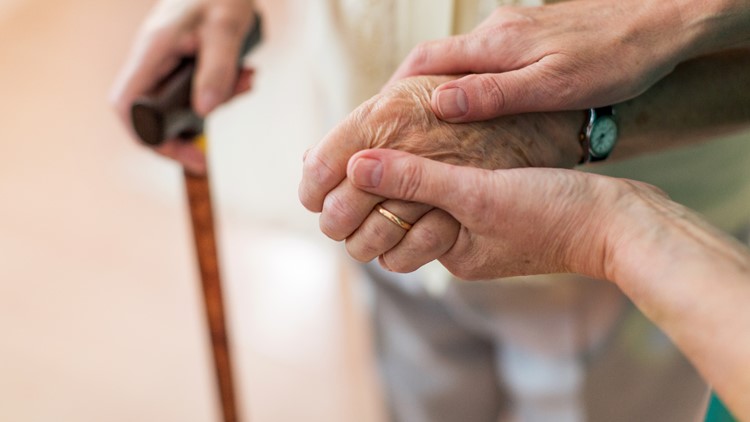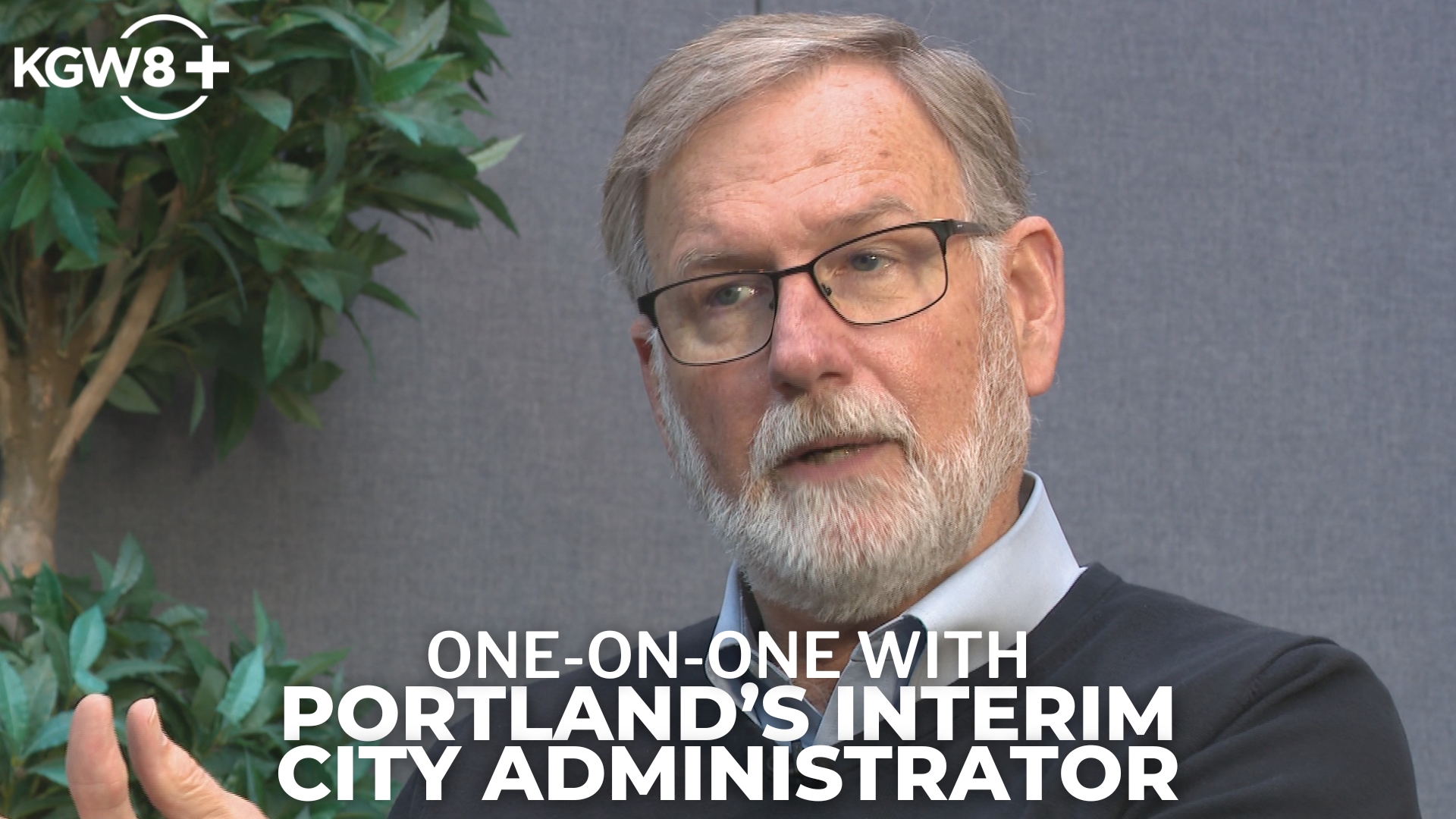PORTLAND, Ore. — Nursing home residents typically receive help with voting from friends, family or county election officials. This year, that help is greatly reduced due to Covid-19 lockdowns and visitor restrictions in nursing homes, and other long-term care facilities.
This could limit a part of the most politically engaged group. In 2018, 66% of Americans over age 65 voted, while only 35% of those age 18 to 29 voted. And according to Pew Research Center, this population was divided between Democrats and Republicans.
Residents of nursing homes and other assisted living facilities are a high-risk group during the pandemic, accounting for 40% of coronavirus deaths. Under lockdown, this population can no longer vote in-person and, in many places, has been barred from all outside help. In swing states, like Wisconsin and Florida, election commissions suspended their voter assistance programs altogether, jeopardizing this population’s ability to vote.
But in Oregon, election officials and advocacy groups have pushed the state to maintain voter assistance programs for approximately 45,000 residents. County election officials can now enter long-term care facilities to provide voting accommodations, helping residents register to vote and read, fill out and turn in their ballots.
Voting officials and advocates first began to mobilize after the Oregon Department of Human Services instituted restrictions to keep all non-essential visitors out of long-term care facilities, said Tim Scott, the director of elections in Multnomah County.
“Along came the pandemic, and we realized that now there was this barrier between us and voters,” Scott said.
Faced with these strict visitor restrictions in facilities, Disability Rights Oregon and the Oregon Long-Term Care Ombudsman worked to advocate for the civil rights of residents and get the state to deem election officials as essential visitors.
They argued that, under federal and Oregon law, everyone has the right to assistance during the election process. Staff at long-term care facilities can help residents, which is prohibited in many other states, though they may be a low-priority for understaffed facilities facing COVID-19 outbreaks.
Oregon election officials also have limited resources, so they are helping voters upon request. Their services include bringing tablets to people that are blind or have limited vision, so they can use screen readers to have their ballots or Voters’ Pamphlets read aloud. Officials will help voters print, sign and return their ballots.
Disability Rights Oregon also offers an Easy Voting Guide for simple and accessible information available in English and Spanish.
“We want everybody to have the best options for casting an accessible vote in the way that they choose with privacy and secrecy,” Tom Stenson, deputy legal director at Disability Rights Oregon, said. “We want to make sure that that voting isn't one of the casualties of the pandemic.”
In Multnomah County, the county is sending bipartisan election teams to set up pop-up tents outside facilities and help residents by appointment. Thus far, the county has focused on reaching out to facilities with information about their services and helping residents with voter registration or early voting. Several bipartisan teams are out in the field each week.
Scott, the county director of elections, said they have not yet found anyone they could not serve, finding creative ways to give voters support.
“We recently helped someone, who was 102 years old, get a (early) ballot inside a care facility so that they could vote themselves and then found a way to get it back to us,” Scott said. “So, the system is working.”
Scott said many residents in long-term care facilities have the same concerns as other voters — that they will not get their mail-in ballot or that their ballot will not arrive in time — though many of them face physical barriers to voting and do not have access to their usual support systems for help.
Faced with unprecedented challenges, these residents are turning to the Oregon Long-Term Care Ombudsman for support as well. This office is designed to advocate for these residents’ civil rights, including voting rights, and listen to their complaints and concerns.
Before the pandemic, the office’s 150 volunteer-certified ombudsman would each visit two to three facilities every week.
“(The volunteers) got to know the residents and built up a level of trust on those residents,” Fred Steele, director of the Long-Term Care Ombudsman, said.
But now, unlike election officials and deputy ombudsman, the volunteers are no longer allowed to visit the residences — instead, they answer phones. With the pandemic, the office has received nearly 30% more calls a week, though they have not received many voter complaints yet, says Steele.
County election officials, Disability Rights Oregon and the Long-Term Care Ombudsman are working to get the word out about their services prior to the November election.
“I think one of the most important things we need to do is education because there are a lot of people who don't even know that those options are available,” Stenson said. “They may be accepting less and less desirable fixes where their privacy isn't necessarily preserved in voting.”
Oregon started mailing ballots to voters on Oct. 14, and they should arrive over the next week, so it remains to be seen how effective voter assistance programs are at long-term care facilities.



